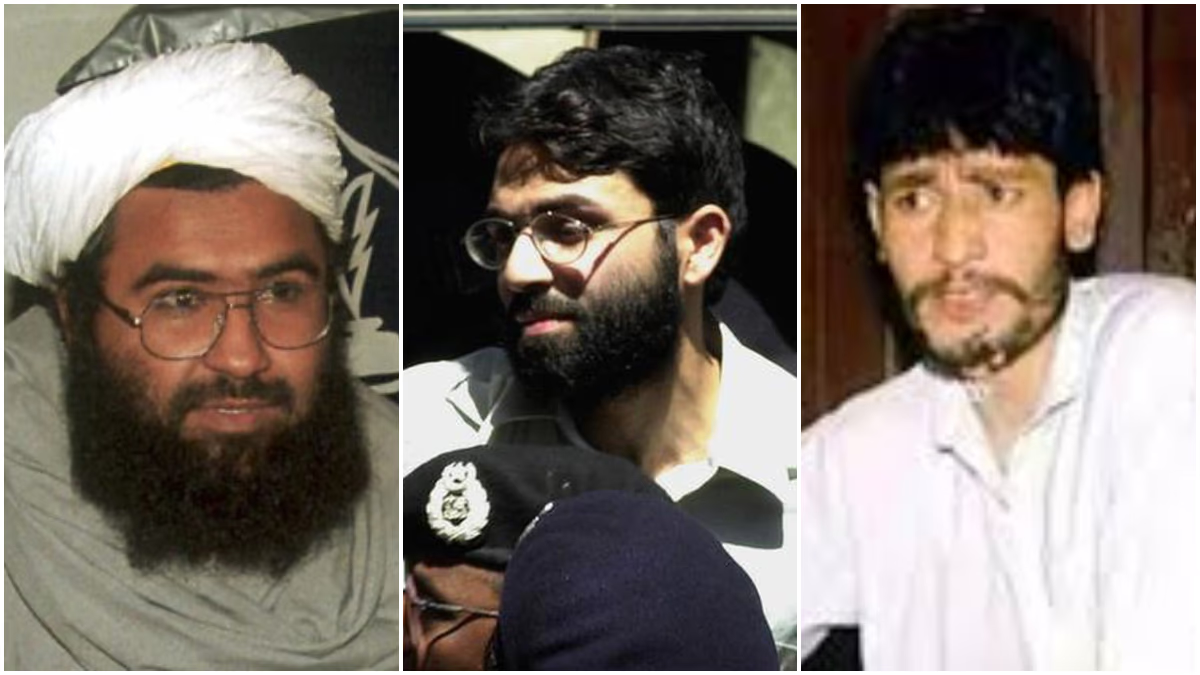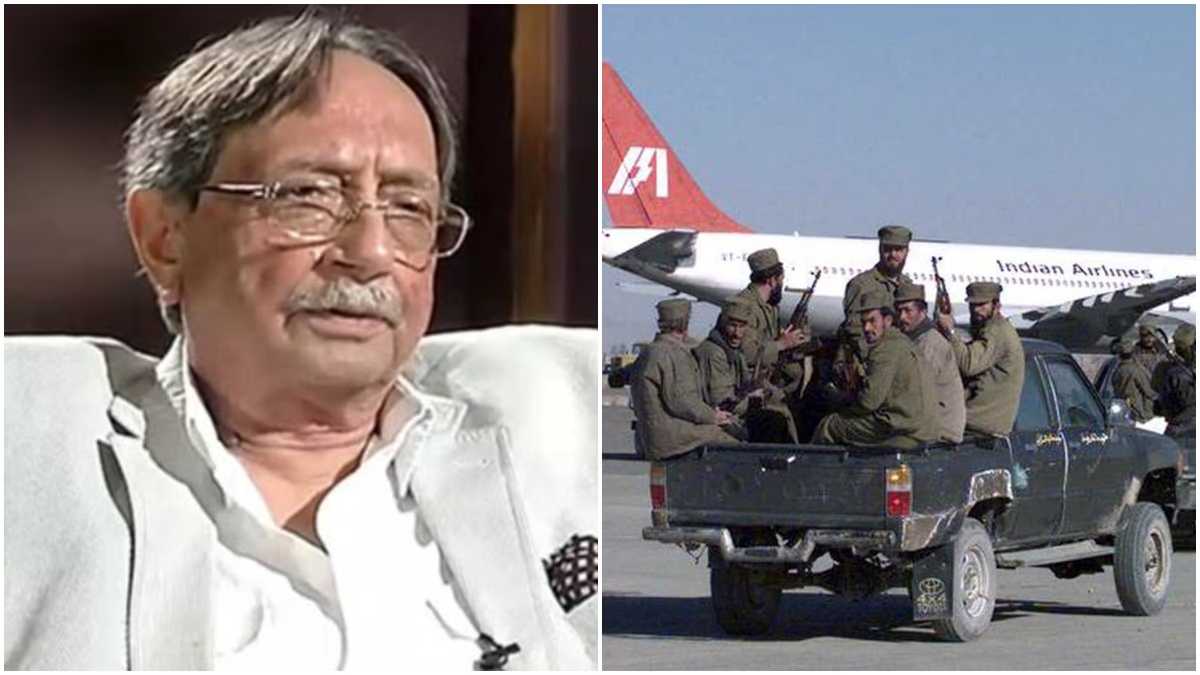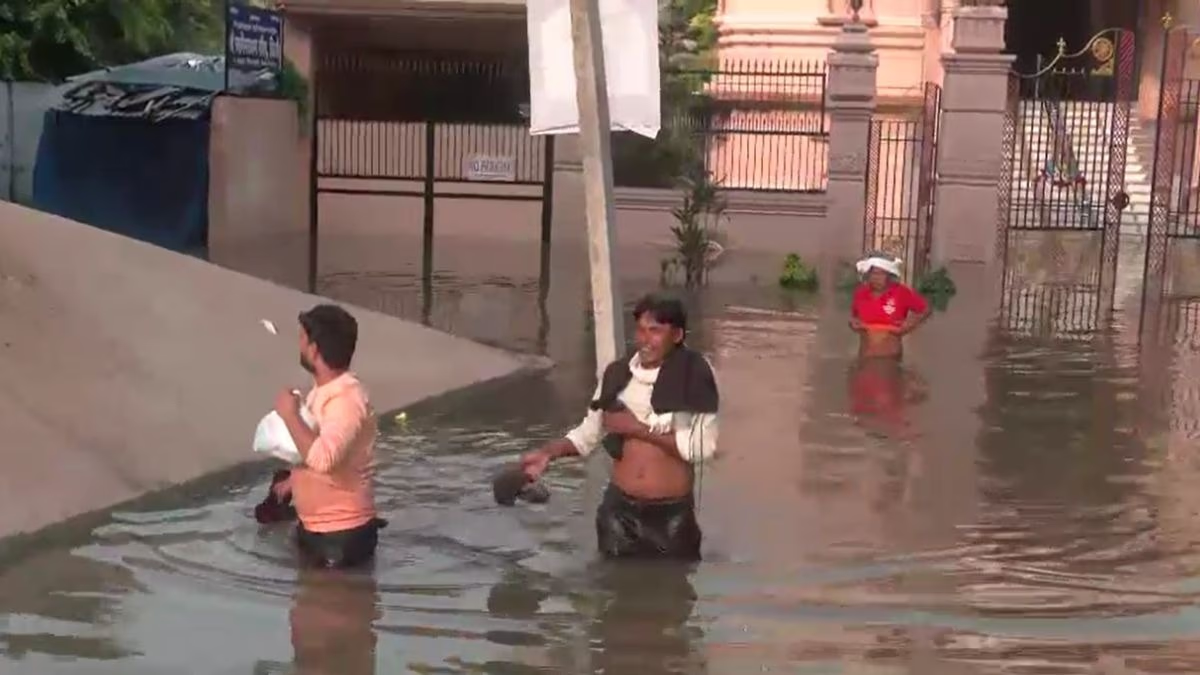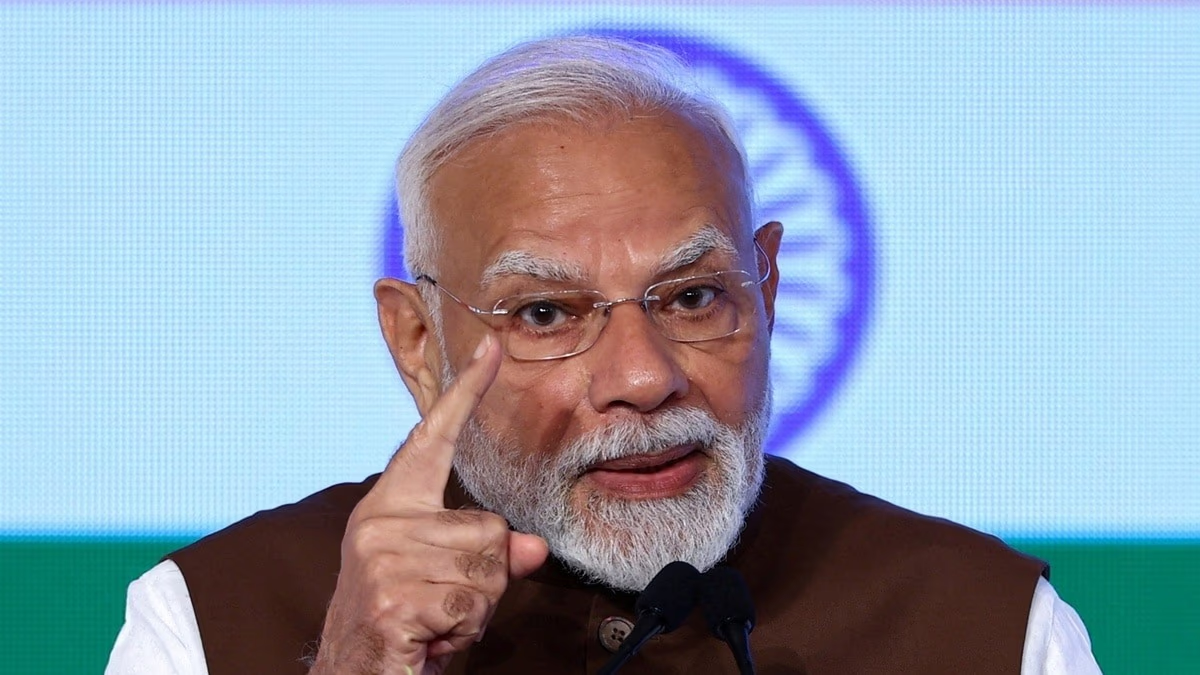In 1999, terrorists hijacked Indian Airlines flight IC-814. The plane had 179 people on board, including five hijackers and 11 crew members. This dramatic event inspired Anubhav Sinha to create a mini-series now streaming on Netflix. The series has sparked controversy regarding the terrorists' code names. The hijackers used Hindu code names (Chief, Doctor, Burger, Bhola, and Shankar) during the event, which are also used in the series. The controversy stems from the fact that the real names of the terrorists are not mentioned.
Following the controversy, the government summoned Netflix India officials, who stated that a disclaimer would be shown at the beginning of the series, mentioning the real names of the terrorists (Ibrahim Athar, Sunny Ahmed Qazi, Shahid Akhtar Sayed, Mistri Zahoor Ibrahim, and Syed Shakeer). Additionally, the series' release has led to a debate on how the situation was handled by the then government and various security agencies. In an interview with Aaj Tak, Amarjit Singh Dulat, the former chief of India's intelligence agency RAW, acknowledged that several mistakes were made in decision-making during the event.

Source: aajtak
All options vanished once the plane took off from Amritsar
Dulat states, 'Once the plane landed in Amritsar, we had the opportunity to ensure it didn't leave Indian territory. However, once it departed from Amritsar, we had no other option but to deal with the terrorists. Despite the circumstances, we made a good deal. We made mistakes in decision-making, and I have repeatedly mentioned this in the past. Even when the incident occurred, I said we made a significant error in Amritsar.' He added that any other leader at that time would have appeared weaker than Atal Bihari Vajpayee.
Read Also:
Indian Airlines flight IC-814 took off from Kathmandu to Delhi on December 24, 1999. Five terrorists boarded the plane in Kathmandu and announced the hijacking as it entered Indian airspace. The plane landed in Amritsar for refueling and stayed there for 50 minutes. Despite this window, Punjab Police, central intelligence forces, and other Indian security agencies couldn't take advantage of the situation. Dulat remarked, 'We were all there, and we should have made a decision. I don't want to name anyone; it wouldn't be appropriate after all these years. I am as guilty as anyone else.'
No one wanted to make a decision fearing bloodshed
The former RAW chief also discussed his extensive conversation with Sarabjit Singh, the then Director General of Police (DGP) of Punjab. He said, 'I had a lengthy conversation with the DGP of Punjab. He told me - I'm not KPS Gill; I won't risk my job. The then Punjab DGP said that the Chief Minister (Prakash Singh Badal) didn't want bloodshed in Amritsar. Even Delhi was giving the same signal. The DGP said that we could storm the plane, but we didn't know how many lives would be lost. No one wanted to make a decision fearing bloodshed.'
Dulat highlighted that it was crucial for Punjab Police to understand that the plane shouldn't leave Amritsar, but this did not happen. Interestingly, DGP Sarabjit Singh said on record that he would have made a decision if he had received clear instructions from Delhi. Dulat concurred, saying, 'I agree with him. But what he would have done at that time, I cannot say. He was right when he said he was waiting for instructions from Delhi, which never came.'
Read Also:
ISI's role in IC-814 hijacking
When asked about Inter-Services Intelligence's (ISI) involvement in the hijacking, Amarjit Singh Dulat stated that Pakistan's intelligence agency was definitely involved. He said, 'ISI had a role in the IC-814 hijacking; there's no doubt about it. It's evident not only from our reports but also from a Pakistani journalist's report who was present in Kandahar. He clearly reported ISI's involvement and how it controlled the entire operation.'
The plane remained grounded in Kandahar for 6 days
The plane remained a prison for passengers and crew members for the next six days. At that time, the Taliban was in power in Afghanistan. The Taliban demanded the release of 36 terrorists imprisoned in India, the body of terrorist Sajjad Afghani, and a ransom of 20 million US dollars in exchange for releasing the hostages. The terrorists they wanted to be released included Maulana Masood Azhar, the chief of Harkat-ul-Mujahideen, who was imprisoned in Jammu since 1994, Omar Sheikh, who was in Delhi's Tihar Jail, and Mushtaq Zargar, accused of killing over 40 Kashmiri Pandits.

Source: aajtak
Read Also:
Passengers were released in exchange for 3 terrorists
The deal between the Indian government and the Taliban was finalized on December 28, 1999. India agreed to release Maulana Masood Azhar, Omar Sheikh, and Mushtaq Zargar as demanded by the Taliban. On December 31, then Foreign Minister Jaswant Singh arrived in Kandahar with the three terrorists. This was done to ensure that no last-minute decisions would have to be made without the need to return to Delhi for approval. ISI officials brought the relatives of the three terrorists to Kandahar for identification. Vehicles parked at the airport transported Masood Azhar, Omar Sheikh, and Mushtaq Zargar immediately. Afterward, the passengers and crew members were gradually released, many of whom had sustained injuries, but fortunately, all were alive.




